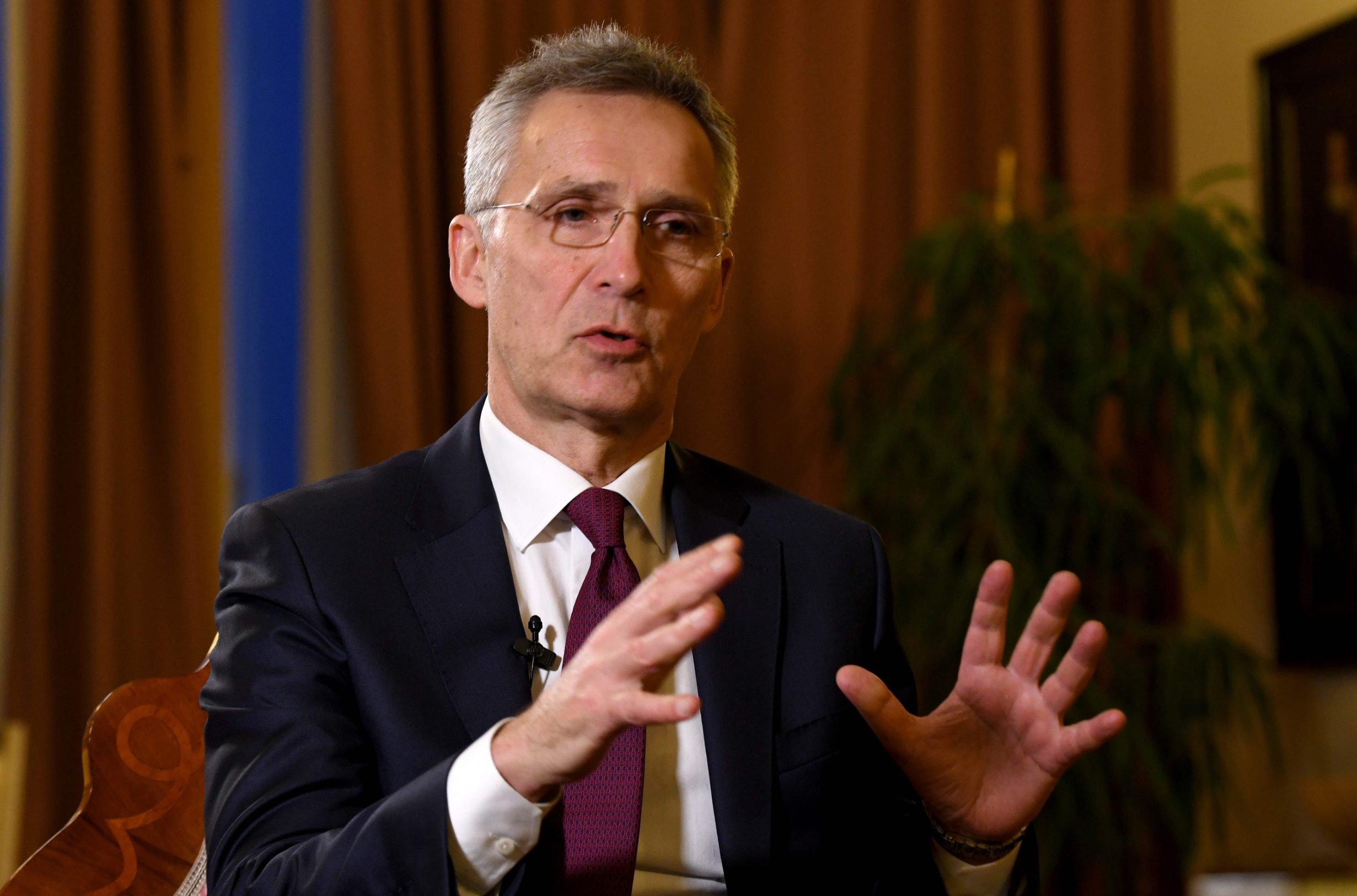
"We need both at the same time: fight COVID-19, but also address the other threats and challenges, which we are facing," he emphasised, referring among others to shifting global balance of power with the rise of China and a more assertive Russia.
Since the beginning of the COVID-19 outbreak in Europe, China has been practising 'mask diplomacy', while Russia made attempts to change the country's narrative across the bloc.
Asked whether this is a reason of concern to NATO, Stoltenberg said NATO members need "to take seriously any attempt to utilise the health crisis to convey false narratives, disinformation and propaganda".
Meanwhile, Europe is set to face a severe recession after the pandemic is over and this may put heavy burden on national budgets. Asked whether NATO will be willing to reconsider the national contributions to the 2% defence spending target, Stoltenberg said that currently "everyone is focused on how to save lives and that's the main task".
Stoltenberg emphasised that NATO's military capabilities are used are also relevant in dealing with a health crisis, which is why defence spending can "provide the civil society with a surged capability that can be utilised in crisis like these" in which "military personnel is helping health workers on the frontline all the time".
The NATO chief emphasised that helping to establish national resilience among member states as they come out of the coronavirus crisis is NATO’s responsibility.
"Resilience is a core task for NATO. It's actually something which is enshrined in NATO's founding treaty, saying that we have a responsibility for making our Allies resilient also against, for instance, health threats," he concluded.
_1_640.png)





